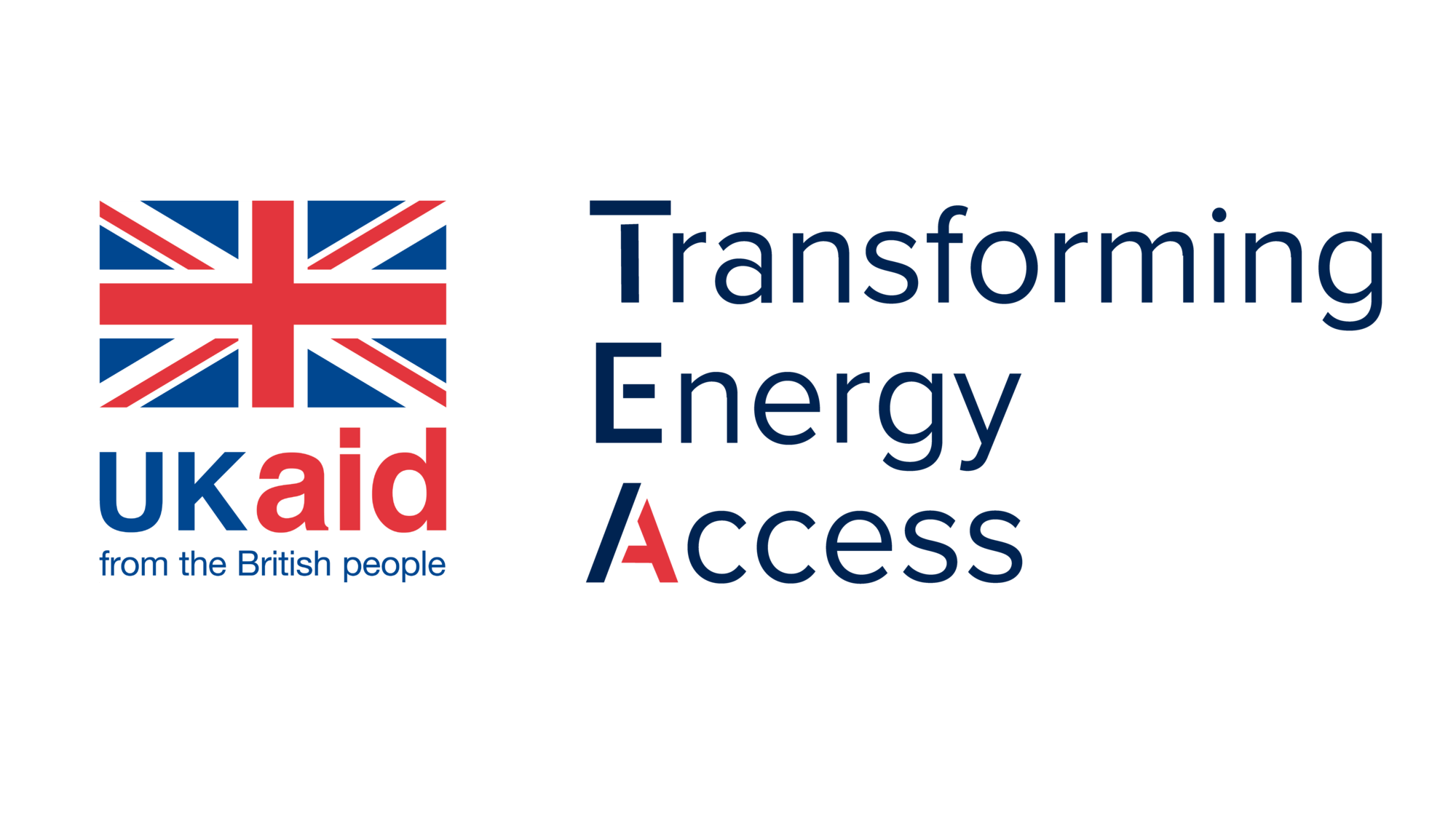Aggregated procurement for Nigerian mini-grid developers delivers 40% cost savings
The research presents findings from a pilot programme testing aggregated procurement mechanisms for mini-grid developers in Nigeria.
Download the full report (pdf, <1mb)
The research was funded by Shell Foundation and UK aid from the UK government , and the pilot programme was developed with the Rockefeller Foundation and Odyssey Energy Solutions. The pilot specifically targeted procurement for mini-grid healthcare electrification projects, given the urgency to deploy low-cost, high-performing systems to increase health facility electrification in response to the COVID-19 pandemic.
, and the pilot programme was developed with the Rockefeller Foundation and Odyssey Energy Solutions. The pilot specifically targeted procurement for mini-grid healthcare electrification projects, given the urgency to deploy low-cost, high-performing systems to increase health facility electrification in response to the COVID-19 pandemic.
Odyssey focused on procurement of two key components of distributed solar systems: photovoltaic panels and integrated storage solutions. The pilot included eight mini-grid developers procuring roughly $1.8M of solar equipment for community mini-grid and health electrification projects.
The pilot presents findings that aggregated procurement could lead to cost-savings of up to 40% for some components, both by unlocking better prices from suppliers and reducing logistics cost. The pilot also demonstrated the potential for aggregated procurement to facilitate faster delivery of goods.
The research goes on to highlight key lessons on good practices for rolling out aggregated procurement mechanisms for distributed energy solutions. Developing the right type of payments mechanism was identified as a critical aspect of facility design as well as building workflow management tools to expedite the aggregated process. Finally, the set-up of a legal framework with the supplier was also key to streamlining the procurement process.
















